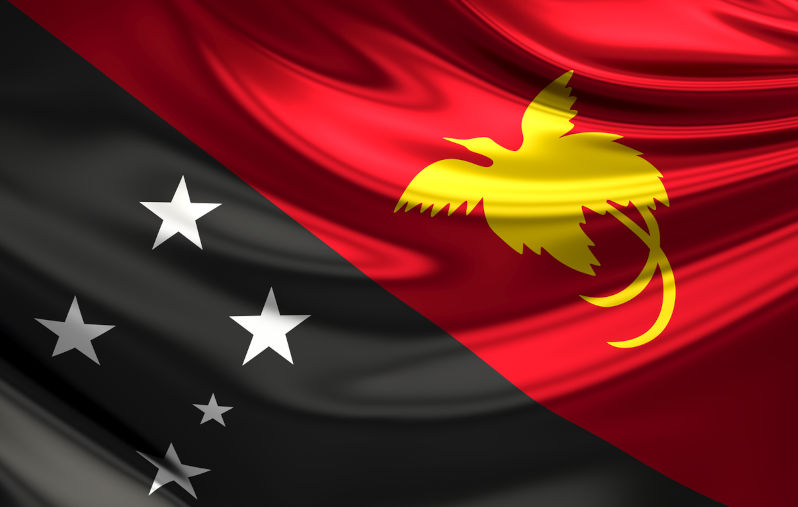Pope Francis would find PNG refugee conditions an eye-opener
February 10, 2024
In December, an impressive young Papua New Guinean named Jason Siwat, the director of the refugee program for the Catholic Bishops Conference of PNG and the Solomon Islands, travelled to Canberra bearing two important documents.
The first was a letter from the bishops to Home Affairs Minister Clare ONeil asking the government to urgently bring to Australia a group of refugees, now 57 following some acceptances by New Zealand, who been taken to the capital of Port Moresby from the Australian-run Manus Island detention facility in late 2021.
The arrangement was made between the PNG government, led by Prime Minister James Marape who visits Canberra this week, and the Morrison government. Details of the confidential bilateral agreement have not been made public, despite pressure on the Albanese government and claims of contractual irregularities and a lack of transparency at both ends.
Dennis Richardsons review of the management of regional processing procurement by the Department of Home Affairs iskeenly awaited.
The second document Mr Siwat carried was a survey of the living conditions of several hundred refugees and asylum seekers from the Indonesian province of West Papua, formerly Irian Jaya.
Living, or more accurately existing, in Port Moresby, they are a tiny proportion of the estimated 15,000 people who have fled to PNG over several decades to escape social exclusion, racism and the frequent brutality of Jakarta’s military.
As Mr Siwat said during his visit to St Vincent de Paul Societys national office, most of the West Papuans live in remote jungle camps close to the border that divides the island of New Guinea from north to south. Easier to visit are those in the capital where Mr Siwats team went shanty to shanty, documenting health needs, hygiene and nutritional shortcomings, and lack of educational and work opportunities.
‘They live in one of the most unhygienic and destitute conditions that you can find anywhere in Oceania and the Pacific that host refugees, the damning report said.The many privations included 21 families sharing one toilet and one tap, with people sleeping on cardboard. There was flooding, health problems were rife, unemployment was gauged to be 80 per cent.
The bishops letter to Minister ONeil to which no reply has been received described the desperate circumstances of the other refugees, who had fled from trouble spots such as Iran, Afghanistan and Sri Lanka (Tamils), adding, As you take your vacations, please remember those men who will be wandering the streets without food their children are suffering along with them.
That was before rioting broke out in Port Moresby and the refugees, many of whom have severe physical and mental health problems, were again in fear of their lives. Their circumstances include evictions from rented premises, and a lack of food and medical care. Yet they were sent there under Australias watch and remain our countrys responsibility.
Pope Francis is one of the worlds most prominent advocates for the welfare of refugees and in the leadup to his proposed visit to PNG in August he will no doubt be well aware of the plight of these disparate but similarly bereft refugee cohorts.
In his message for 2023s Catholic World Day of Migrants and Refugees, Pope Francis invoked the Gospel of St Matthew, For I was hungry and you gave me food, I was thirsty and you gave me something to drink, I was a stranger and you welcomed me
While addressing the West Papuan refugee crisis is largely the responsibility of PNG and its neighbour Indonesia, something must be done promptly to resolve the unacceptable situation affecting the refugees abandoned under Australias secret deal.
Certainly, we hope that well before Pope Francis arrival these long-suffering people, many of whom are now accompanied by family members, including two newborns, will have been brought to Australia for proper humanitarian care. If not, we believe the Pope should be given the opportunity to witness the appalling conditions in which they are living.A visit to some of the West Papuans homes would also melt his heart.
